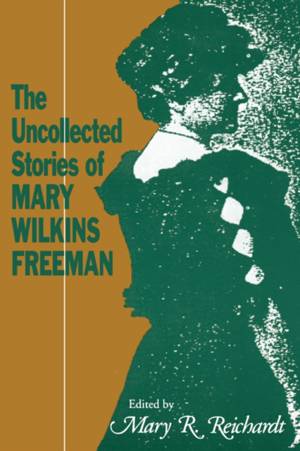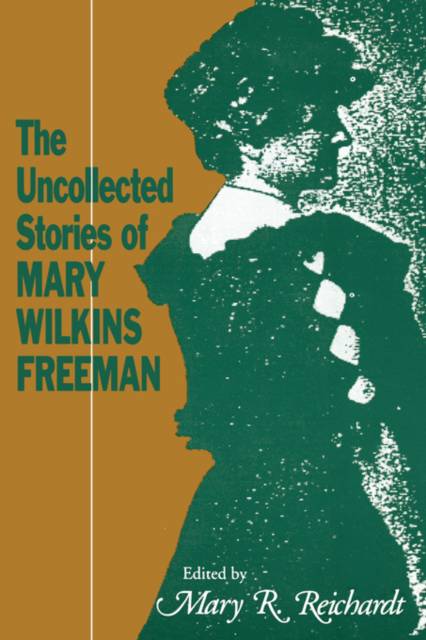
- Retrait gratuit dans votre magasin Club
- 7.000.000 titres dans notre catalogue
- Payer en toute sécurité
- Toujours un magasin près de chez vous
- Retrait gratuit dans votre magasin Club
- 7.000.0000 titres dans notre catalogue
- Payer en toute sécurité
- Toujours un magasin près de chez vous
59,45 €
+ 118 points
Description
The Uncollected Stories of Mary Wilkins Freeman edited by Mary R. Reichardt Few who appreciate the heritage of the short story would question Mary Wilkins Freeman's important position in turn-of-the-century American fiction or her major contributions to the development of the short story form. Freeman (1852-1930), one of the first women elected to the National Institute of Arts and Letters (1927), was a regional writer who excelled in the careful delineation of local characters and customs and in exact transcription of indigenous dialect. She also is noted for her contribution to modern psychological literature. This volume brings together for the first time twenty of the best of her "lost" tales. It contributes to the growing reevaluation of this exceptional author of such often anthologized stories as "The 'Revolt' of Mother" and "A New England Nun." The stories in this volume are chronologically arranged. They reveal both familiar and new terrain. Freeman once again delves into the inner lives of New England women. Yet, unlike many of her well-known stories, in these there are new moods and experiments. Four stories involve male protagonists. Three are mystery stories. Three are tales of women artists. Two illustrate Freeman's attempt in her later fiction to incorporate "modern" themes. A prolific writer, Freeman published nearly two-hundred-fifty short stories during her lifetime. Almost a hundred of those stories, however, were not collected. For more than half a century they have remained virtually inaccessible. This volume brings together twenty of the best of Freeman's uncollected stories from such magazines as Century, Collier's, Harper's Monthly, Good Housekeeping, The Golden Book, Woman's Home Companion, Independent, and Frank Leslie's Popular Monthly. This collection restores significant works to the treasury of American literature. Mary R. Reichardt is a professor of English at the University of St. Thomas in St. Paul, Minnesota.
Spécifications
Parties prenantes
- Auteur(s) :
- Editeur:
Contenu
- Nombre de pages :
- 360
- Langue:
- Anglais
Caractéristiques
- EAN:
- 9780878055654
- Date de parution :
- 01-05-92
- Format:
- Livre broché
- Format numérique:
- Trade paperback (VS)
- Dimensions :
- 152 mm x 228 mm
- Poids :
- 530 g

Les avis
Nous publions uniquement les avis qui respectent les conditions requises. Consultez nos conditions pour les avis.






